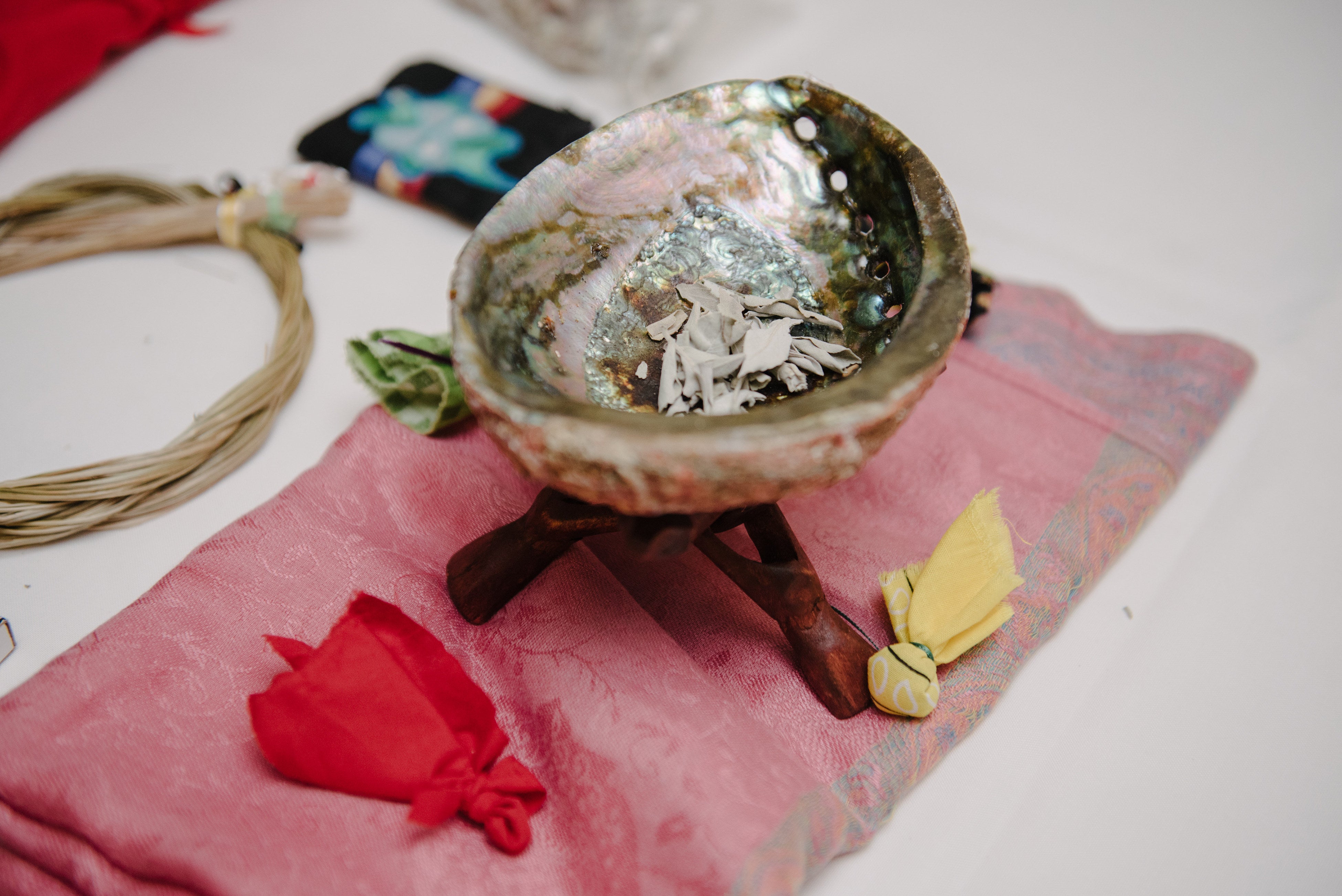
A multidisciplinary team from the University of Toronto, with experts from the Faculty of Dentistry and the Waakebiness-Bryce Institute for Indigenous Health at the Dalla Lana School of Public Health has been awarded a five year, $1.5-million grant from the Canadian Institutes of Health Research to study the impact of cannabis use on the oral health of Indigenous populations.
The researchers will work in partnership with Indigenous communities and public health authorities, including: Norway House Cree Nation (Kinosao Sipi Cree Nation) in northern Manitoba; the Weeneebayko Area Health Authority (WAHA), with the First Nations of Moose Factory, Fort Albany, Attawapiskat, Weenusk (Peawanuck), and Kashechewan; and the town of Moosonee in northern Ontario; and Alberta Health Services (AHS) in Calgary, Alta.
Over the course of the study, participants will be monitored for changes in their oral health and oral microbiome, including inflammation of the oral mucosa and periodontal tissues and the development of pre-cancerous lesions and cancers of the mouth, head and neck, as well as changes in oral and facial sensory function.The study aims to provide first evidence of the oral health risks associated with cannabis use in Canada's Indigenous populations, which already experience a disproportionate burden of oral disease.
"Indigenous people are resilient," says Angela Mashford-Pringle, assistant professor and associate director of the Waakebiness-Bryce Institute for Indigenous Health (WBIIH) at the Dalla Lana School of Public Health and co-principal investigator of the grant. "Cannabis is one issue that has been discussed in many First Nations communities and how it affects the community.
"There is a need to understand the dental and health effects of cannabis for First Nations communities."
With cannabis legalized in Canada two years ago, studies have shown that there are oral health risks associated with use of the drug, including an increase in periodontal diseases. Indigenous leaders and public health experts have expressed concerns regarding the escalated risks in these vulnerable communities.
"Knowing how big an impact the use of cannabis has on oral health indicators among the Indigenous population will be critical towards the development of new policies and guidelines in prevention and treatment of oral diseases," says Siew-Ging Gong, associate professor at the Faculty of Dentistry and a co-principal investigator of the grant.
The researchers hope to raise awareness in these communities of the impact of cannabis on oral health, and to do so in culturally appropriate, Indigenous-focused ways. The team will use what's known as the Learning Circle model in which elders and other community members share their knowledge.
"The Learning Circle utilizes the First Nations Principles of OCAP, which stands for First Nations' Ownership, Control, Access and Possession of data and data collection processes in their communities," says Herenia Lawrence, associate professor at the Faculty of Dentistry and principal investigator of the grant.
With an emphasis on oral transmission of knowledge rooted within Indigenous communities and their values, the researchers hope to create respectful health research relationships that can have long-lasting impact on Indigenous communities' health.
"The Circles will allow us to evaluate the research outcomes through the lens of the community," Lawrence says.
The University of Toronto research team includes:
Herenia Lawrence, associate professor, Faculty of Dentistry (project lead)
Iacopo Cioffi, assistant professor, Faculty of Dentistry
Siew-Ging Gong, associate professor, Faculty of Dentistry
Jose Lança, assistant professor, Faculty of Dentistry
Celine Levesque, associate professor and Canada Research Chair in Oral Microbial Genetics, Faculty of Dentistry
Marco Magalhaes, assistant professor, Faculty of Dentistry
Angela Mashford-Pringle, associate professor, associate director of the Waakebiness-Bryce Institute for Indigenous Health (WBIIH), Dalla Lana School of Public Health






